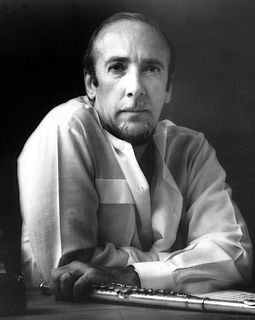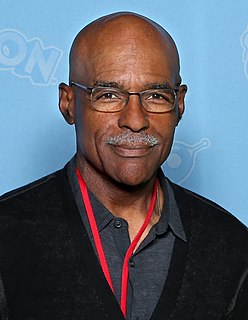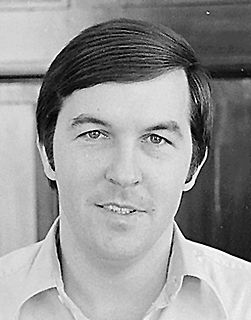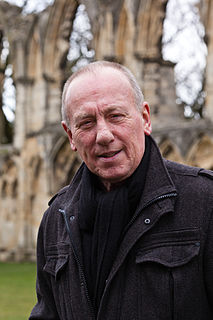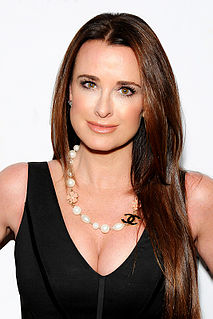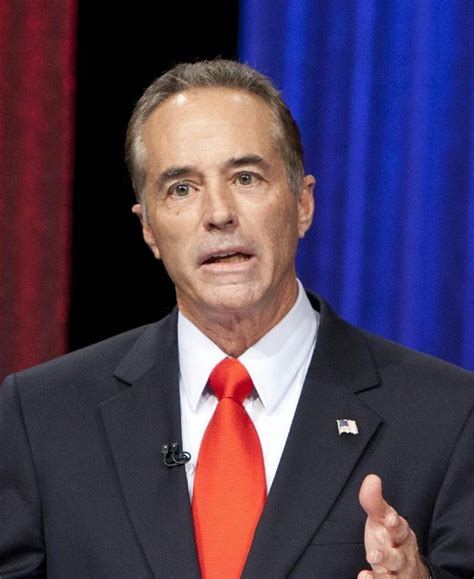A Quote by Eric McCormack
Unfortunately, with men's health, we don't talk about it enough, and prostate cancer gets lost in the conversation.
Quote Topics
Related Quotes
Hurray, Hallelujah, and Happy Prostate! Finally, someone has taken the years and done the work, so the rest of us no longer need suffer from ignorance as to how to have good prostate health. That someone is Roger Mason, and all that one needs to know in order to have a happy prostate has been distilled down into this one book. I would stake the health of my prostate on it, and can tell you as a prostate cancer survivor; it is the ONLY way to go.
I was diagnosed with an early, early stage of prostate cancer. I was almost a vegetarian then. I was heading that direction. What pushed me over the edge, was the doctor who did the diagnosis. He said in a discussion about prostate cancer that he had never seen a vegetarian with prostate cancer. And this is not a holistic doctor, this is a regular, mainstream doctor. And I was just blown away.
At the time I discovered that I had prostate cancer, it was not long after my first wife had died, so my children had lost their mum. I felt that to tell them that I had prostate cancer, while I knew that I had it and there was a threat of some sort, I felt that it would be wise not to make things worse for them.
The man in the street has unfortunately been sold the idea that the breakthrough cure for cancer is just around the corner... The very prospect of effective treatment seems so remote that it doesn't even enter into the speculative day-to-day conversation of people engaged in cancer research... New treatments have not produced any detectable decline in the total annual cancer mortality, even for children.

